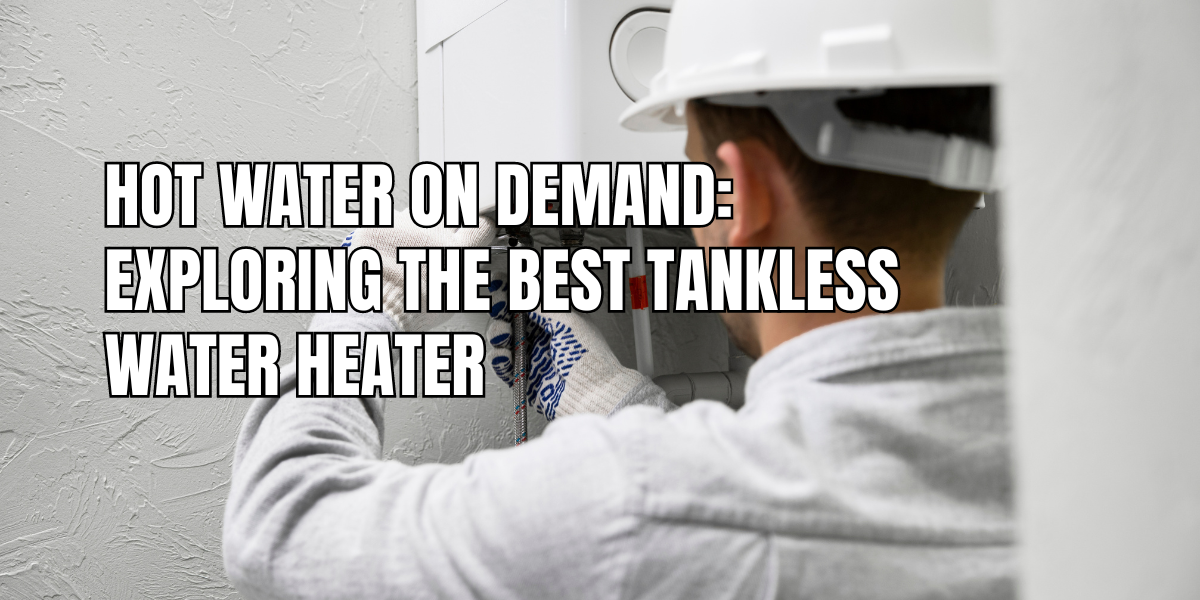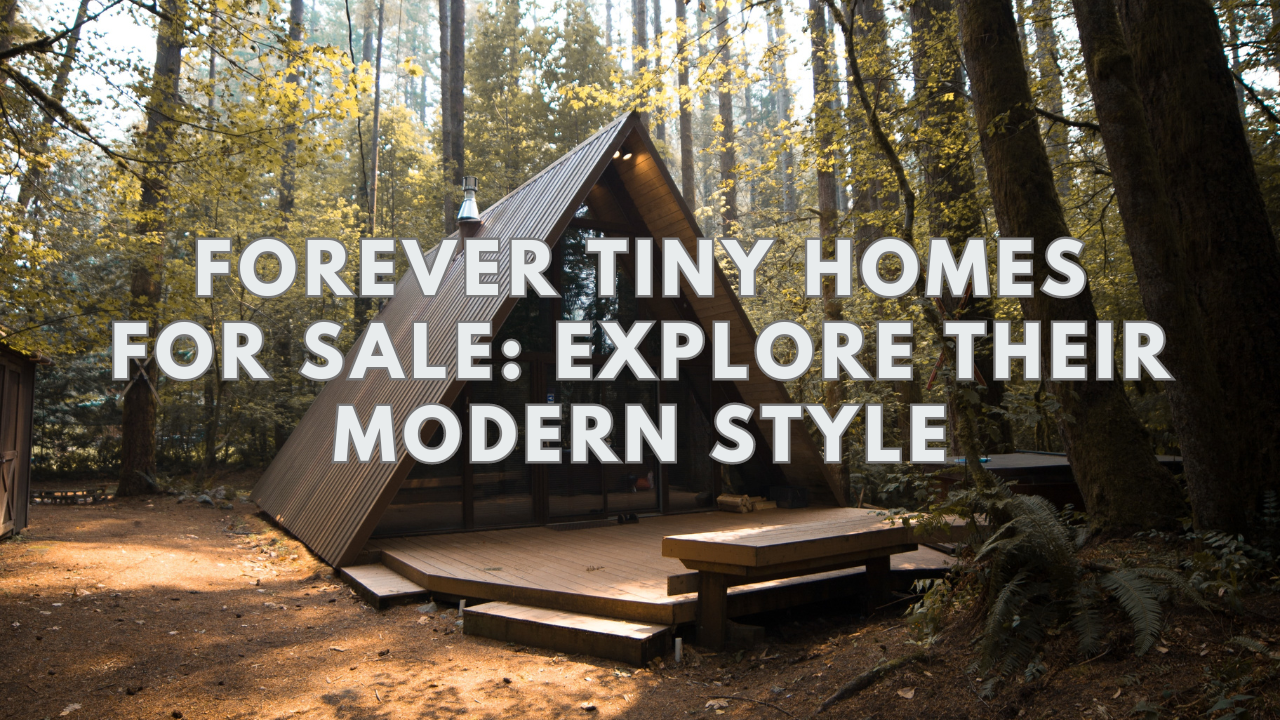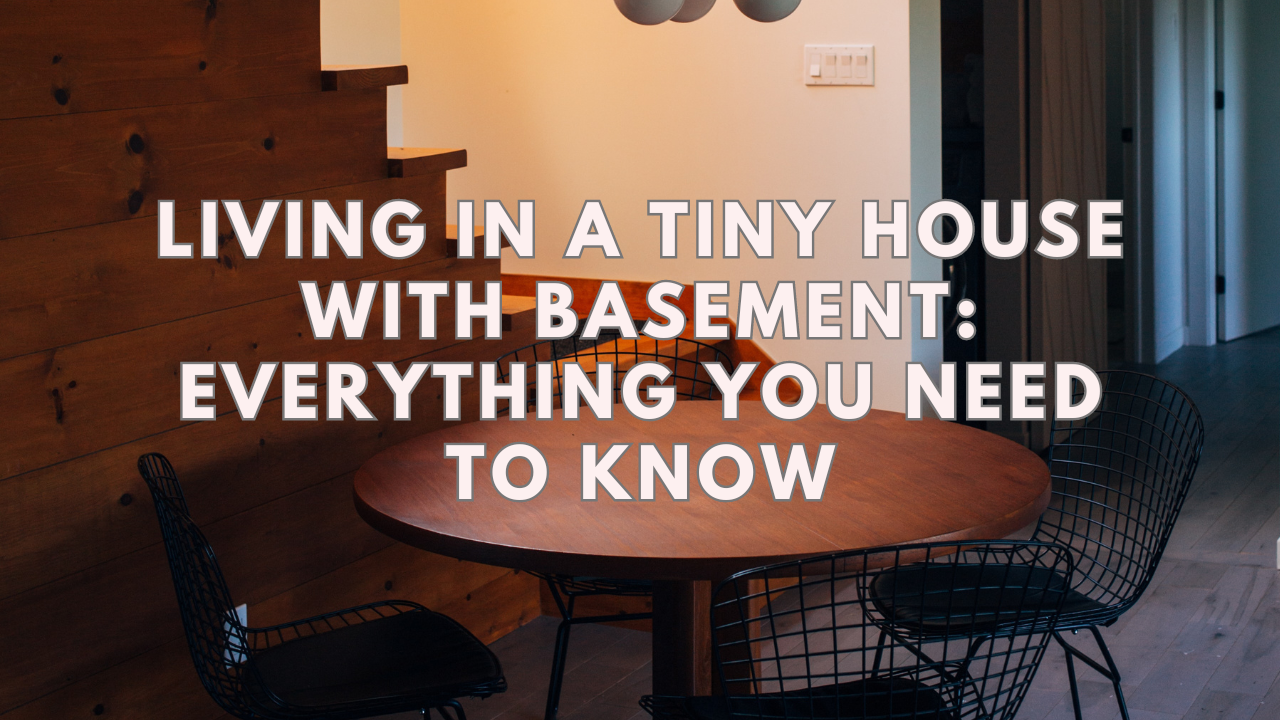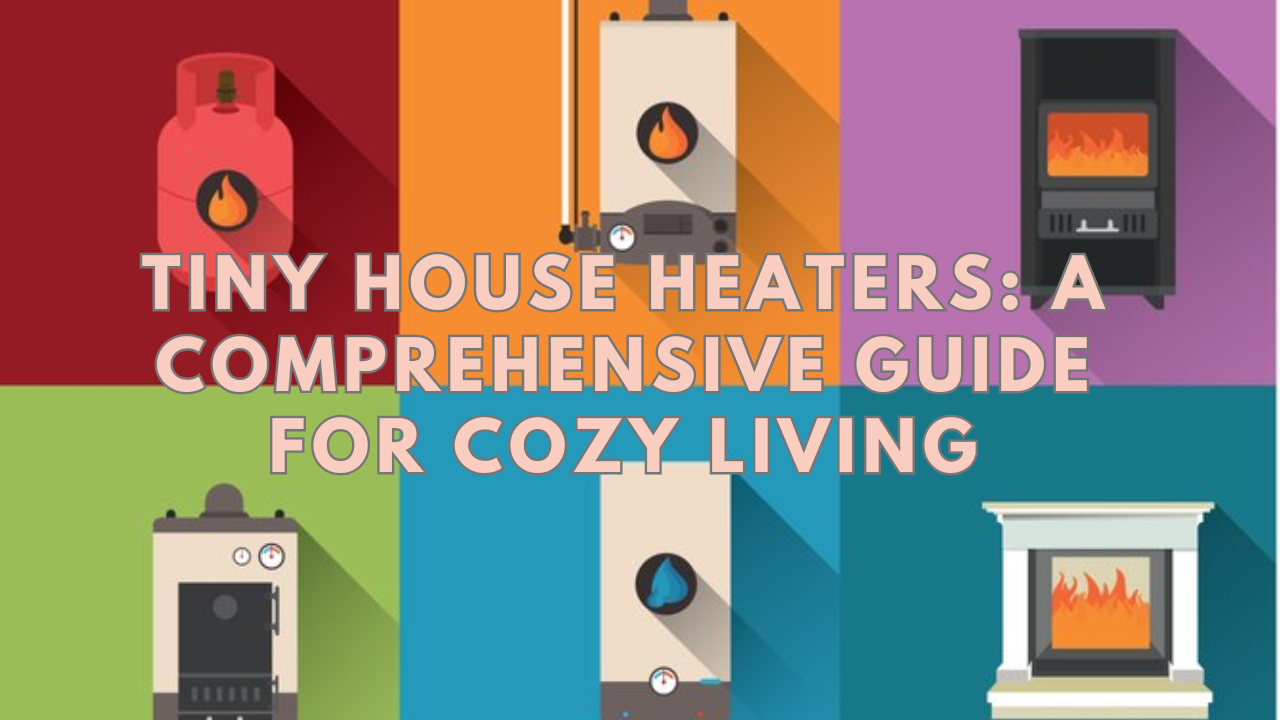The use of hot water for bathing, cooking, cleaning, and heating requires appliances called water heaters. However, not all water heaters are appropriate for tiny houses, which are compact, movable homes that promote a simple and environmentally responsible way of life.
Water heaters must be small, effective, and flexible because tiny houses have limited room, power, and water supplies. In this post, we will examine the many kinds of water heaters for tiny houses, their benefits and drawbacks, and some advice on how to pick and install them.
A Few Things to Consider With Your Water Heater
Tank and Tankless
- Since the water is only heated when necessary, water heaters with no tanks are more efficient.
- The capacity of tankless heaters to raise temperatures quickly varies.
- The size and capacity of tank water heaters can vary (6, 10, 12, 16 gallons, etc.).
- Tank water heaters need a lot of energy to keep the water hot inside the tank all the time.
- A guarantee protects your water heater before attempting a do-it-yourself installation or hiring a pro, no matter which type you decide.
Propane and Natural Gas
Propane costs more than natural gas, although it generates around twice as much heat per unit of gas.
The clean-burning fossil fuel now in use, propane, emits about half as much carbon dioxide among other pollutants like gasoline. It does not harm water and soil either. Methane, a greenhouse gas that is 84 times stronger than carbon dioxide, makes up the majority of the gas.
Only a few places have access to natural gas, which is delivered to your house by subterranean pipes. Tanks used to hold propane require regular replacement or refilling.
Indoor and Outdoor Installations
Water heaters that are mounted indoors using ventilation tubes. Because of how heavy these tubes are, you must cut a sizable hole in the wall for optimum ventilation.
Compare this to an outside installation since you can just vent outside without additional labor. The unit already had a vent built in, so even if you tried, you could not mess it up. It is mounted in around 5 minutes.
Regarding inside units, ventilation can be challenging since they have strict offset requirements and have optimum vent distances shortening with each elbow you insert into the venting tube.
Electric Water Heaters and Solar Power
Your solar system must support your preferred appliance if you want to run your tiny house on wheels entirely on solar power and choose electric water heaters. To save electricity, some solar clients choose a propane RV water heater.
Off-Grid Water Heating
When generating electricity on your own, you are cut off from the grid and entirely rely on the power produced by your home’s solar and battery systems for storage. This kind of system can be highly expensive to start with.
The disadvantage of this method is that it needs a lot of daylight and a large solar array to be practical as your only source of electricity for heating water.
Hot Water Heater Ventilation
If the water heater you put inside your tiny home uses any kind of combustion, you’ll need to exhaust it. Since there are several ways of doing it badly and because mistakes might have fatal consequences, venting should not be taken lightly.
Vents are typically metal ducting that directs exhaust and gases from your warm water heater outside. They might also feature an air intake to supply combustion with fresh air.
The manufacturer typically specifies a lot of technical requirements for venting, including the maximum stretch the vent tube can withstand, the kind of ducting to use, offsets or permits from combustible objects, and other technical details to ensure the job is done correctly.
Space Considerations
Remember that water takes up space in addition to the higher energy consumption and limited hot water supply. Tank-style water heaters unquestionably occupy a lot more room than on-demand models because they need a location to keep all that warm water.
The Best Tiny House Hot Water Heater Options
Rinnai V53DeP
These appliances can be ordered with either propane (model number ends in P) or natural gas (model number ends in N). It is designed to attach outdoors to your tiny house and is a direct vent style.
These appliances offer freeze prevention, and a backup dump valve is available in case of a power outage. Using propane for fuel is simple. It can heat water and boil it on the stove for around 2-3 months on standard 20 lbs. propane tanks that are connected to it.
It gives you limitless hot water even if you have two sinks and a shower running at 5.3 gallons per minute (GPM). These devices cost roughly $550, and they are a wise investment.
Precision Temp RV-550
With automated gas modulation, the water heater for compact homes may self-adjust to varying water flows and water temperatures. It enables it to maintain consistency regardless of the weather. Additionally, it’s a fantastic option for cold locations because of the included freeze protection.
This system is a favorite among tiny house enthusiasts because it was created especially for RV homes, caravans, and tiny houses. It barely weighs 26 pounds.
Eccotemp L5
RVs and other outdoor cars can utilize the Eccotemp portable water heater, powered by gas. It has a flow rate of 1.5 GPM and is made to be as lightweight as possible, making it simple to use in many circumstances.
A 20-gallon propane tank and two D-cell batteries power the Eccotemp. You can utilize it without a source of pressure water from outside by adding the Eccotemp L5 pump system. It is a one-stop solution that enables you to take a delightfully hot shower wherever you are, whether you are a tiny home dweller, RVer, or a life aficionado.
This water heater is for people who require hot water under more extreme or distant circumstances, such as when they are camping, taking a temporary shower, or when they need hot water in a remote area of their property.
Rheem RTEX-11
The fact that this device is so small—only 8 inches wide, 13 inches tall, and 4 inches thick—is by far its greatest advantage.
Your water is heated using electricity by Rheem devices. There are 3, 8, and 13-kilowatt models of this device. The 8 KW model might not be quite enough for your requirements, but the 11 KW model, with a flow rate of 2.68 GPM, would be ideal for tiny homes.
Electric models offer the advantage of not requiring venting, allowing you to put this appliance beneath your counters or behind one of your cabinets.
Stiebel Eltron Tempra Plus 24
An electronic whole-house water heater featuring a maximum GPM rate of 4.0 is called the Tempra 24. It places it in the center of the pack concerning flow rate and gives you roughly enough power to heat two fixtures at once. It has Advanced Flow Control designed to maintain a steady temperature output even when numerous fixtures are running simultaneously. It features a 240-volt and a 2-x 50-amp rating.
FAQs
What Is a Tankless Water Heater?
A tankless water heater, also known as an on-demand water heater, is a device that heats water as it flows through the unit, without the storage tank. It provides hot water on demand, eliminating the need to wait for a tank water heater to heat up.
Why Are Tankless Water Heaters Popular for Tiny Homes?
Tankless water heaters are popular for tiny homes because they are compact and installed in small spaces. They also provide hot water on demand, which is important for tiny houses with limited hot water needs.
How Does a Tankless Water Heater Work?
A tankless water heater heats water when it is needed by passing it through a heat exchanger. When a hot water tap is turned on, cold water enters the unit and is heated by a gas burner or an electric element. The heated water flows out of the unit and to the desired location.
Are Tankless Water Heaters Suitable for Tiny Houses With Electric Power?
Yes, there are electric tankless water heaters available that are suitable for tiny houses with electric power. They are compact and can provide hot water on demand without a gas connection.
Are Tankless Propane Water Heaters Suitable for Tiny Homes?
Yes, tankless propane water heaters are suitable for tiny homes. They are often used as an alternative to electric tankless water heaters when a gas supply is available. Propane tankless water heaters can provide hot water on demand without an electrical connection.
Wrap-Up
For the convenience and comfort of living in a small dwelling, water heaters are essential. However, selecting the best water heater for your small house can be difficult because you have to consider many things, including size, capacity, energy source, installation, cost, and upkeep. In this post, we have covered solar, electric, tankless, and tanks.
Furthermore, we hope this article has given you a better understanding of the various possibilities for small home water heating so that you can make an informed choice that fits your needs in both price and lifestyle.





